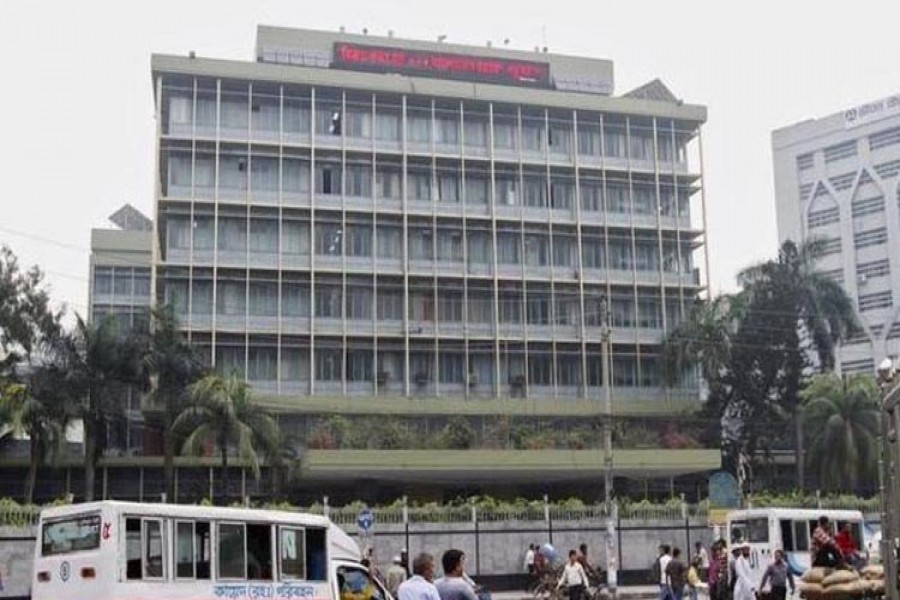
Published :
Updated :

Containing inflation and boosting investment particularly in productive sectors for maximum economic growth alongside job creation are at the core of the first-half (H1) yearly monetary policy the central bank is going to announce today (Wednesday).
Bangladesh Bank (BB) Governor Fazle Kabir will roll out the monetary policy statement (MPS) at 11:30 am for the July-December period of the fiscal year (FY) 2017-18 aiming to help real sectors in achieving sustainable economic growth with inflation held in check.
"We've formulated the growth-supportive MPS giving top priority to creating more employment opportunities through boosting investment in the real economic sectors," a BB senior official told the FE Tuesday while explaining the main policy objectives.
He also said the central bank will facilitate credit flow into the productive sectors as a measure for achieving 7.4 per cent GDP (gross domestic product) growth by the end of this fiscal.
The policy rates are likely to remain unchanged in the upcoming MPS, the BB officials hinted.
They also said the latest position on stock market, foreign exchange and money-market situation will be included in the monetary policy.
The central bank may emphasise ensuring the quality of credits through strengthening monitoring and supervision by both the BB and the commercial banks instead of enhancing the target of credit growth to the private sector.
The BB's latest policy stance comes in the wake of possible rising trend in the inflationary pressure on the economy in the coming months, following higher prices of food, particularly rice, owing to floods.
"There is no possibility of increasing the private-sector-credit- growth target in the next MPS for the H1 of FY 18," another BB official hinted.
Inflation (on point-to-point basis) in the country, as measured by consumers' price index (CPI), increased slightly in the month of March this year mainly because of rise in prices of both food and non-food items.
The inflation rose to 5.39 per cent in March from 5.31 per cent a month before, according to Bangladesh Bureau of Statistics (BBS) data.
Food inflation stood at 6.89 per cent and non-food inflation at 3.18 per cent in March as compared to 6.84 per cent and 3.07 per cent respectively in February.
On the other hand, the inflation came down to 5.39 per cent on annual-average basis in March this year from 5.41 per cent in February, the BBS data showed.
The government as well as the central bank had set the inflation target at 5.5 per cent for the fiscal year (FY) 2017-18.
The central bank may consider the upward trend in prices of petroleum products on the global market, declining trend in inward remittances, possible rising trend in inflation and ensuring proper use of credits in the next MPS, they hinted.
It is expected to give more attention to boosting SMEs and agriculture loans along with micro-credit to create employment opportunities across the country, according to the central bankers
About the private-sector-credit growth, the BB officials said it is still witnessing a high-level growth considering the inflationary pressure on the economy.
The growth in credit flow to private sector came down to 16.03 per cent in May 2017 on a year-on-year basis from 16.21 per cent a month ago. It was 16.06 per cent in March 2017.
The last MPS for the second half of the last fiscal year had set a target for the private-sector-credit growth at 16.50 per cent at the end of June 2017.
[email protected]


 For all latest news, follow The Financial Express Google News channel.
For all latest news, follow The Financial Express Google News channel.